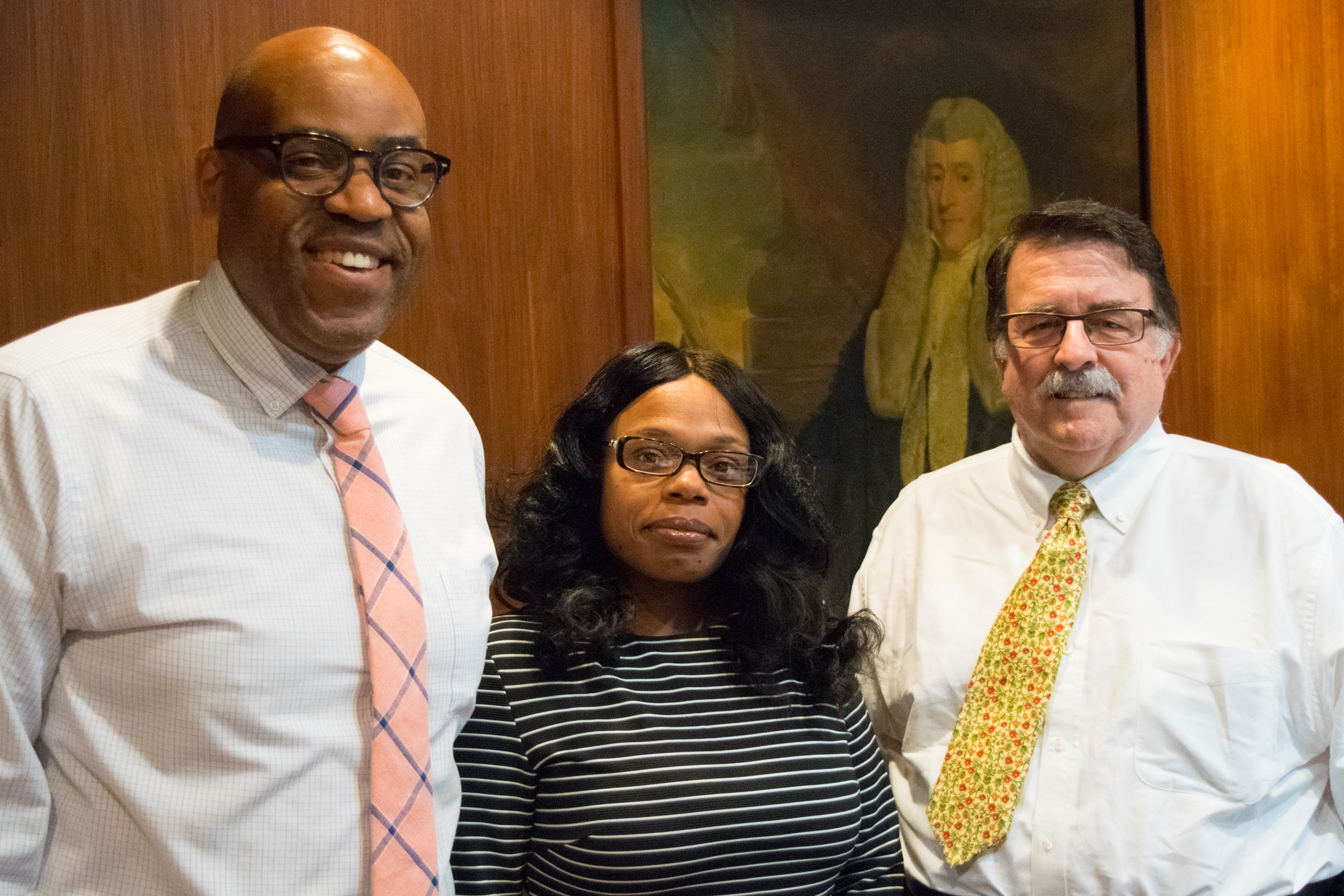VLP trains attorneys to take on child support cases to help low-income Brooklynites

Many low-income Brooklynites dealing with child support issues will be able to get help from the Brooklyn Bar Association Volunteer Lawyers Project (VLP).
The VLP held a continuing legal education training session on the subject at the Brooklyn Bar Association on Monday that was free for attorneys if they agreed to take on a case pro bono.
The two-hour lecture was entitled, “Determination and Modification of Orders of Child Support in Family Court,” and featured attorneys Sidney Cherubin, director of legal services for the VLP, Joanne Reece, staff attorney and head of the Family Law Section of the VLP, and attorney Patrick R. Garcia.

Brooklyn Boro
View MoreNew York City’s most populous borough, Brooklyn, is home to nearly 2.6 million residents. If Brooklyn were an independent city it would be the fourth largest city in the United States. While Brooklyn has become the epitome of ‘cool and hip’ in recent years, for those that were born here, raised families here and improved communities over the years, Brooklyn has never been ‘uncool’.